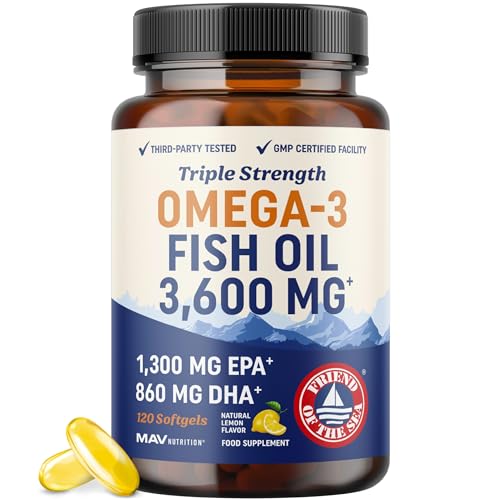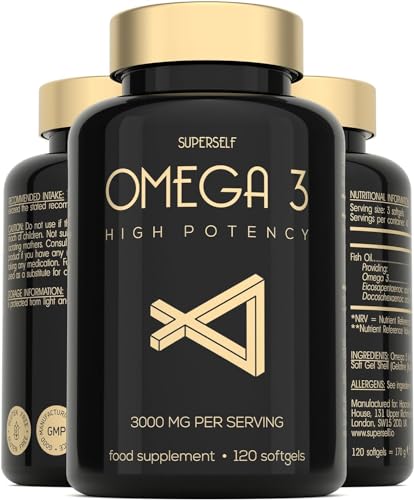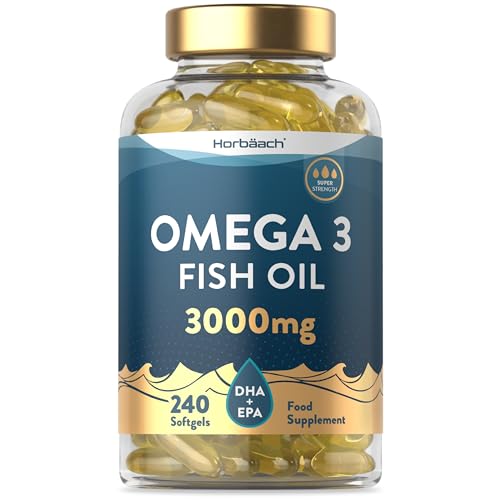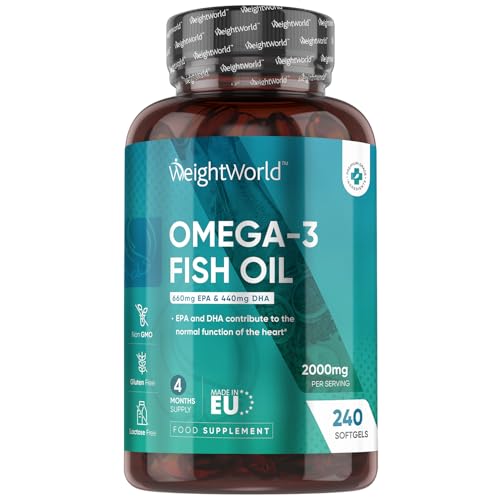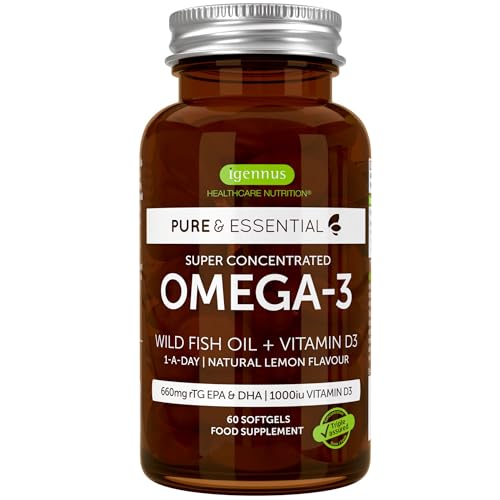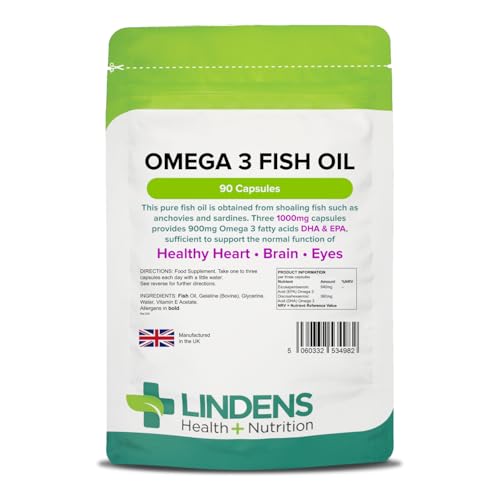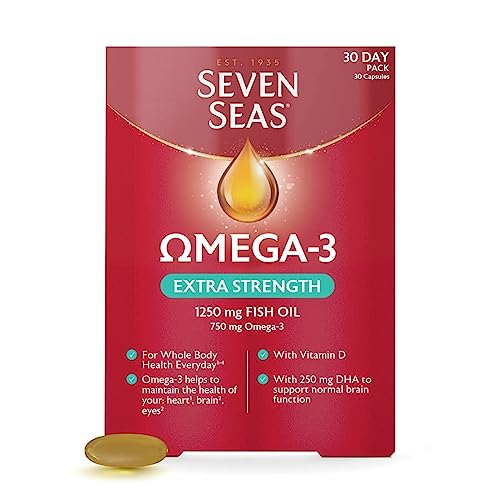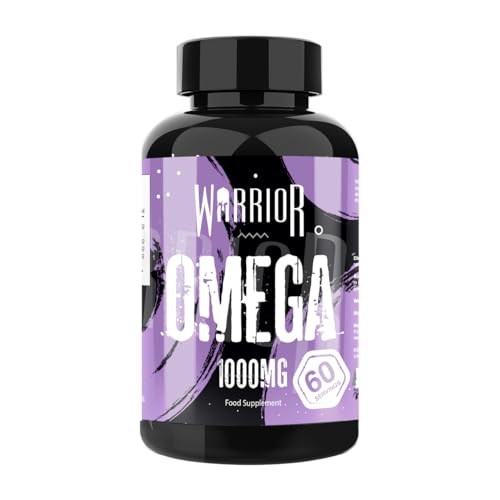Understanding Omega-3: Why Your Body Needs It
What is Omega-3?
Omega-3 is a type of essential fatty acid, which means our body cannot produce it independently. We need to obtain it through our diet or supplements. Omega-3 fatty acids play a critical role in our body, influencing brain function, heart health, and overall wellness. They are primarily found in fatty fish, flaxseeds, and walnuts, and are important for maintaining various bodily functions.
Why is Omega-3 Essential?
Our body relies on Omega-3 for several vital processes. They form an integral part of cell membranes, ensuring that cells can function correctly. Furthermore, Omega-3 fatty acids are known to reduce inflammation and help regulate blood clotting, which is crucial for cardiovascular health. Therefore, incorporating Omega-3 into our daily routine can significantly contribute to better overall health.
Types of Omega-3 Supplements: Which One is Right for You?
Different Forms of Omega-3
Omega-3 supplements come in various forms, with the most common being fish oil, krill oil, and plant-based oils like flaxseed or algal oil. Fish oil is rich in EPA and DHA, the two key types of Omega-3 that directly benefit heart and brain health. On the other hand, flaxseed oil primarily offers ALA, which the body partially converts into beneficial EPA and DHA, although not very efficiently.
Choosing the Right Type
To determine the best Omega-3 supplement for your needs, consider your dietary preferences and health objectives. If you consume fish regularly, a plant-based option might suit you more, or if you’re looking to boost heart health, a high-quality fish oil supplement may be more effective. For vegetarians or vegans, algal oil provides a direct source of DHA without animal products.
Key Benefits of Omega-3 Supplements: Real-Life Impacts on Health
Heart Health
Numerous studies show that Omega-3 fatty acids play a significant role in reducing the risk of heart disease. They can help lower triglyceride levels, decrease plaque buildup in arteries, and reduce blood pressure. Incorporating Omega-3 into our routine can lead to better heart function and longevity.
Brain Function and Mental Health
Omega-3 is crucial for brain health. It can improve cognitive function, enhance memory, and even contribute to mood regulation. Regular intake of Omega-3 has been linked to a reduced risk of depression and cognitive decline as we age, making it a powerful ally for mental well-being.
How to Choose High-Quality Omega-3 Supplements: Our Expert Tips
Look for Purity and Source
When selecting an Omega-3 supplement, prioritise those that provide clear information about their sourcing. Ensure that the fish or algae is sourced from clean waters to avoid contaminants. Choosing brands that offer third-party testing can also assure you of the product’s purity and effectiveness.
Check for EPA and DHA Content
Pay close attention to the EPA and DHA content on the supplement label. Higher concentrations of these two Omega-3 fatty acids are preferable, as they are the most beneficial to our health. A quality supplement should ideally contain a significant amount of both, ensuring you get real health benefits.
Timing and Dosage: Getting the Most from Your Omega-3
Optimal Timing
To maximise the benefits of Omega-3 supplements, timing can be an important factor. It’s generally recommended to take them with meals, as dietary fats can enhance the absorption of these fatty acids. Morning or evening, it depends on your routine, but consistency is key.
Understanding Dosage
The recommended dosage can vary based on individual health needs and dietary intake. However, general guidelines suggest about 250-500 mg of combined EPA and DHA for most adults per day. Always consider consulting with a healthcare professional to determine the appropriate dosage based on personal health conditions.
